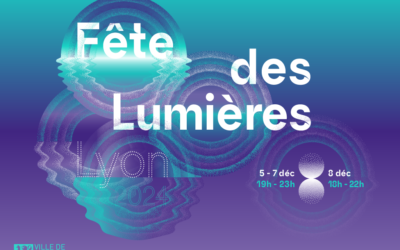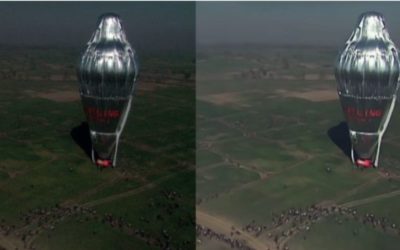Vectracom, a MEMORIST division, implements a colossal audiovisual promotion contract in record time.
European leader in the preservation of audio, video and film heritage, Vectracom, one of the five Memorist divisions, is deploying a facility in Kuwait to preserve the country’s audiovisual archives. In all, 200,000 hours of video and 19,000 hours of old films will be digitized for the Ministry of Information and KTV (Kuwait Television).
Vectracom, a trusted partner for the Kuwaiti government
The Kuwaiti government was looking for a trusted partner to preserve its audiovisual heritage collections by digitizing its entire video and film holdings.
Vectracom, a Memorist division, enjoys a worldwide reputation for excellence, and is currently one of the only companies in the world capable of carrying out a mission of this scale.
“Vectracom has formed a consortium with Sultan Telecom Center and Broadcast Solution Middle East (BSME), winning the largest audiovisual digitization contract to date, which will be completed in record time,” explains Laurent Onaïnty, Memorist’s CEO.
A state-of-the-art audiovisual preservation facility
The company is working to preserve important historical archives (sports, religious gatherings, political meetings, youth programmes, etc.) that are deteriorating over time.
To meet the needs and requirements of the project, the company imagined and designed a state-of-the-art audiovisual preservation facility, with in-situ digitization workshops. Every detail of the space was designed to be as ergonomic and productive as possible, ensuring that the project could be completed as quickly and efficiently as possible.
Vectracom has therefore deployed its expertise, software solutions and equipment in Kuwait in order to carry out a complete identification of all the media, some of which are over 70 years old. Vectracom is the only company to have preserved historic machines that enable it to play back tapes dating back to the 1950s.
Vectracom’s new facilities in Kuwait have created unique employment opportunities.
The staff is mainly made up of local talent. New positions are expected to open up as the facility develops. Since the project was launched at the end of December 2022, a dozen operators have been trained on site and are currently carrying out the first stage, i.e. the inventory and cataloguing required prior to digitization.
The second stage, which involves bringing the digitization rooms into production, will start in summer 2023, once the installation work has been completed, and will last around 5 years. Around a hundred people will then work together, having been trained and employed in Kuwait, to digitize the entire audiovisual heritage and preserve it for future generations.
The main stages of the work to be carried out on the films and videos will be as follows: cleaning, preparation and repair of the media, digitization in line with industry standards, digital restoration of the entire collection and customised indexing according to pre-established criteria.



